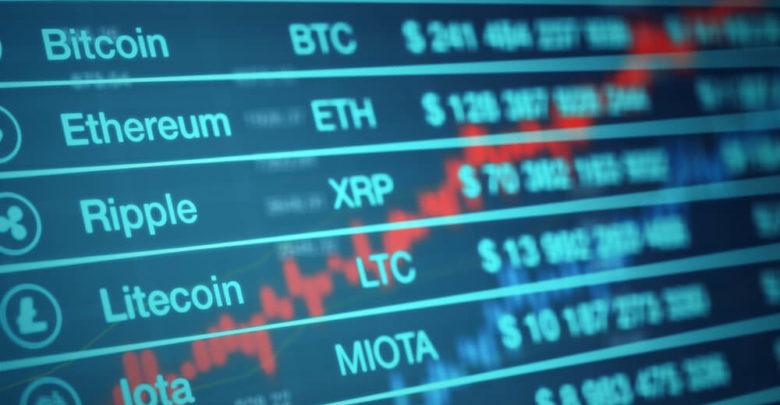When it comes to choosing a crypto exchange platform, people tend to jump into popular and big companies, considering that’s the safest and the best place to buy/sell cryptocurrencies. If we were to analyze what happened during the past two and a half years, big names like Bitfinex, Mt. Gox and Binance had been hacked, so the idea of safety is overrated. Because there are a few things not debated too often, we would like to go on the negative side and talk about you need to know about these big crypto exchanges.
#1 Wash Trading
If we go to coinmarketcap.com and check the list of top cryptocurrency exchanges by daily adjusted volumes, we see huge numbers like $2.8 billion, $2.4 billion, in front of names like HCoin and Fatbtc. Even though beginners will get excited, we would rather ask how do these exchanges manage to generate such a high volume?
The reality is that they don’t and in order to prove it we must talk about exchange platforms operate. When an exchange decides to list a token, among many other requirements the company behind it must honor, there is a “market-making” requirement. Simply put, there has to be a minimum trading volume per day or per week, in order to keep the token listed. If that doesn’t happen, the token is delisted. As a result, the company starts to buy and sell to itself, which is called wash trading, in order to meet the daily volume required to keep the token on the exchange.
#2 Regulation
Where are these big exchanges located? For some of them, we have no clue and for some, we need their physical location is in tax-havens. Why do people think it’s safe to keep their money with a company that lacks transparency and in addition, it not required to comply with strict regulation? If you want to exchange crypto efficiently, then you must take this aspect into account when choosing a crypto exchange platform.
#3 The illusion of safety
Some exchanges are successful in engineering an image of safety around their activity when in fact, they avoid to acknowledge that dealing with cryptocurrencies can have negative implications when it comes to security) and the only important thing is that each client takes some measures. You won’t get rid of responsibilities by choosing a big exchange platform. Size is not always a game-changer and you should carefully consider a long list of requirements when deciding which exchange to pick.



